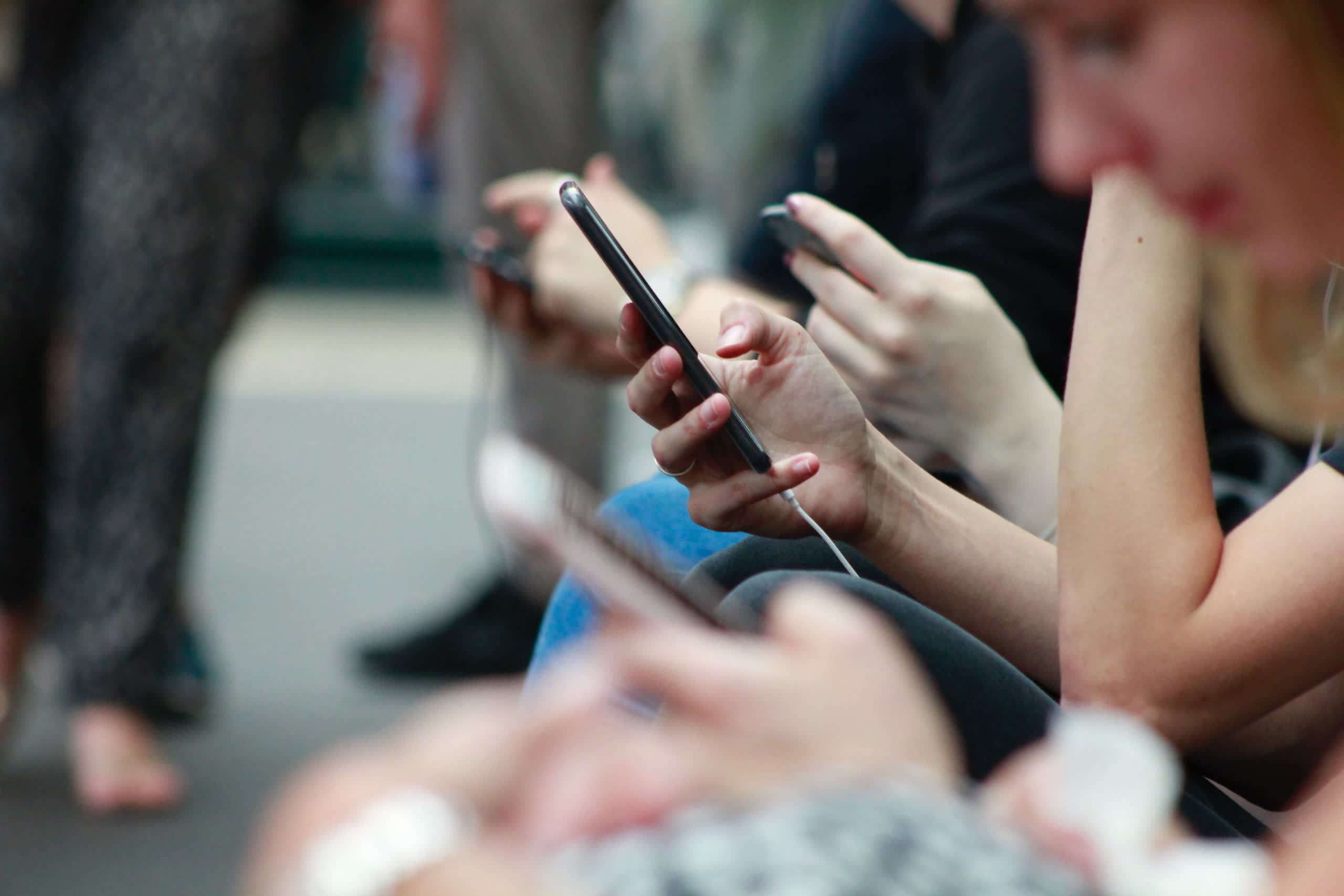In brief: It’s a well-known fact today that most individuals can’t last more than 15 minutes without checking their smartphones. Could you resist the allure of your phone for a full eight hours? Many would probably say no, but a $1,380 reward was enough motivation for one woman.
Smartphone addiction is a genuine problem, particularly among younger people who may experience withdrawal symptoms when they aren’t constantly checking their devices.
A company in China hosted a “public welfare challenge” this week to test if individuals could go an entire eight hours without glancing at their phones.
This might sound simple to some, yet there were several conditions. Firstly, contestants had to lie flat for those eight hours. According to Mydrivers‘ translated report, there were no activities to entertain them during this period, meaning no books, films, etc.
While the apparent solution would be to sleep, napping during the challenge was prohibited. Participants couldn’t even exhibit signs of anxiety, monitored through a wristband that likely checked vital signs like heartbeat.

Ten people were randomly chosen to join the challenge at the company’s store. The winner was a woman dressed in her pajamas, which surely made resisting sleep even tougher. She walked away with 10,000 yuan, approximately $1,380.
Research on smartphone addiction dates back to the early 2010s. The issue has deteriorated recently as owning a device has shifted from being a luxury to a necessity for most. Isolation during lockdowns, the increase in remote work, apps designed to maintain user attention, advanced games, and even AI bots exacerbate the problem and keep us glued to our phones for longer periods. In 2022, it was noted that US adults checked their phones 352 times a day on average, four times more than in 2019.
Despite the lack of a standard diagnostic criterion for smartphone addiction, a summary of 82 distinct studies involving 150,000 participants estimated that over 25% of people worldwide suffer from smartphone addiction.
In 2016, this writer was prompted to go a month without a smartphone. It wasn’t a fondly recalled experience.
Masthead: Scotty Turner




